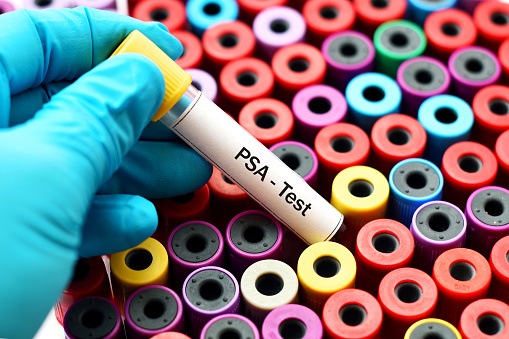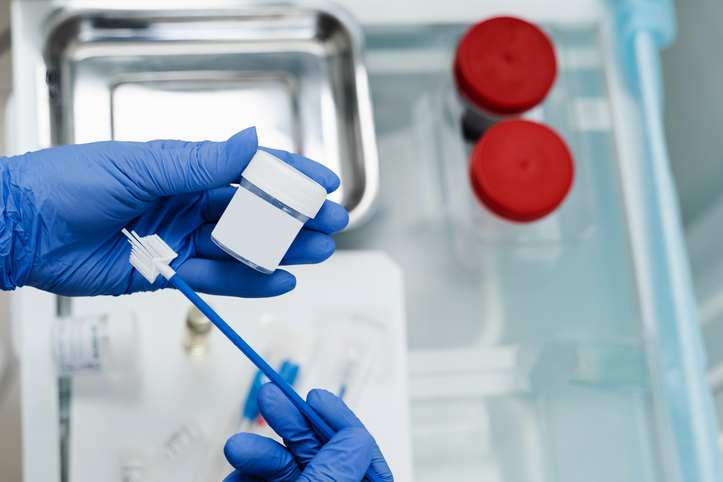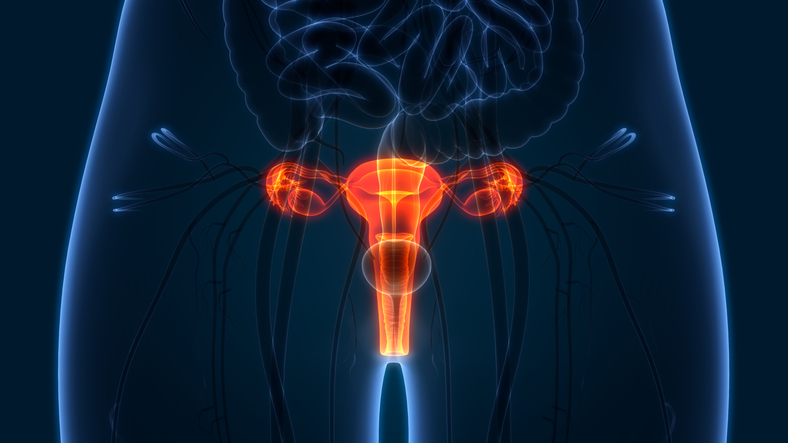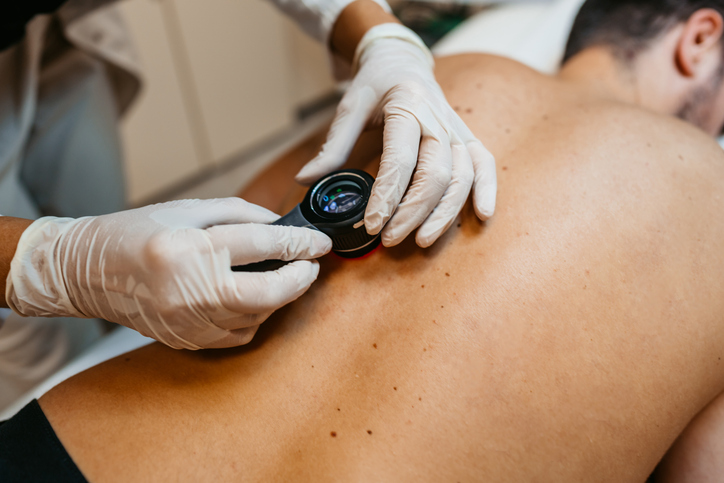
Men with the BRCA2 mutation have an increased risk of prostate cancer compared with non-BRCA2 carriers and should undergo regular prostate-specific antigen (PSA) testing, according to interim research from the IMPACT study, presented at the National Cancer Research Institute 2019 Cancer Conference. The results were also published in European Urology.
Researchers recruited men aged 40 to 69 years with germline pathogenic BRCA1/2 mutation and male controls who tested negative for a familial BRCA1/2 mutation. Participants underwent PSA screening for three years; if PSA was greater than 3.0 ng/ml, the men were offered a prostate biopsy.
The study included 2,932 unique individuals from 20 countries: 919 BRCA1 carriers, 709 BRCA1 non-carriers, 902 BRCA2 carriers, and 497 BRCA2 non-carriers.
More cases of prostate cancer in BRCA carriers
After three years of screening, 527 men (17.9%) had a PSA greater than 3.0 ng/ml. A total of 357 biopsies were performed, and 112 cases (3.8%) of prostate cancer were diagnosed. In the BRCA2 cohort, prostate cancer was diagnosed in 5.2% of carriers versus 3.0% of non-carriers. In the BRCA1 cohort, prostate cancer was diagnosed in 3.4% and 2.7%, respectively.
BRCA2 carriers were more likely to comply with the recommendation for biopsy (82%) compared with controls (66%). The cancer incidence rate per 1,000 person-years was higher in BRCA2 carriers than non-carriers (19.4 vs. 12.0; P=0.03).
Men with BRCA2 mutation were diagnosed at a younger age (61 vs. 64 years; P=0.04) and were more likely to have clinically significant disease (73% vs. 40%; P=0.03) compared with BRCA2 non-carriers.
The researchers observed no differences in age or tumor characteristics in BRCA1 carriers versus controls.
Based on the results, the researchers recommended systematic PSA screening for BRCA2 carriers.






 © 2025 Mashup Media, LLC, a Formedics Property. All Rights Reserved.
© 2025 Mashup Media, LLC, a Formedics Property. All Rights Reserved.